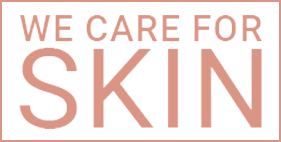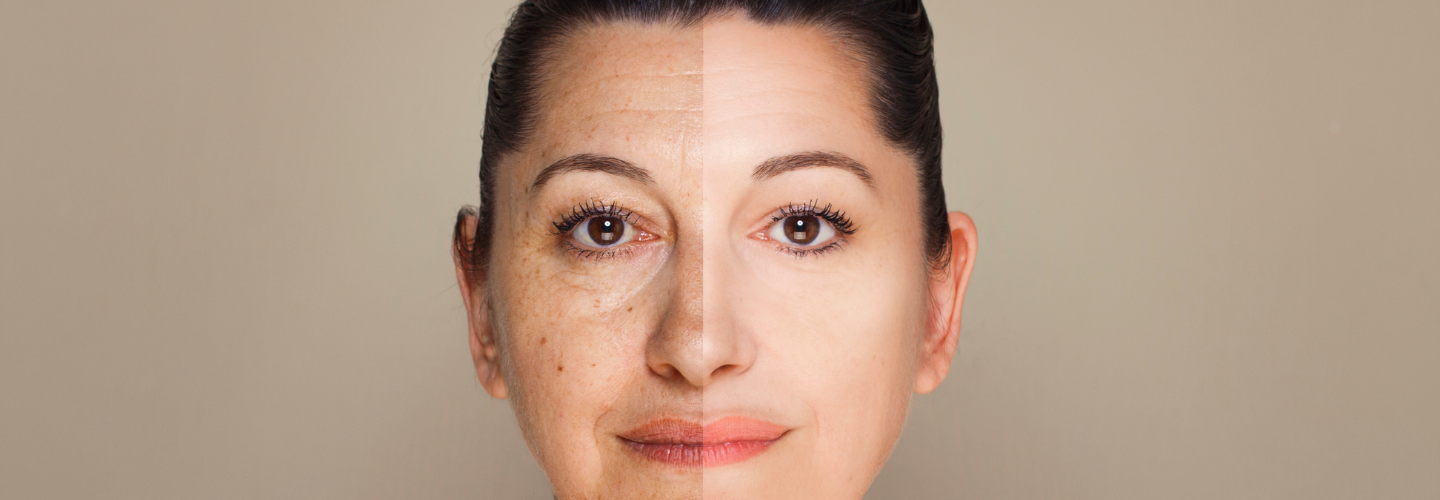A skin that is being taken care of rewards you and boosts your confidence in the long run. Considering that the skin is the largest organ in the body, it should also be given the care and love it deserves. Thus, it is sufficient to say that proper skin care products and routines are a necessity and, for some, an investment.
As we age, our bodies produce less of the important skin compositions that it once had in its younger years: collagen production starts to decline in your mid- to late 20s, skin turnover rates slow in your 30s, and hormone-related skin problems develop in your 40s. The good thing is, we have modern science to help us slow down those effects and maintain the youthful appearance of our skin. Such products come in different categories, applications, and uses. Some products are made for topical application, and some might need to be ingested or orally taken.
Aging and its effect on the skin
Aging is part of the natural process of human life; this is inevitable. With it come adverse effects on the body. On the skin, specifically, aging comes with slower production of collagen and elastin, which causes our skin to lose its firmness and look saggy—this, again, is part of the natural life process.
A person might still be showing off their radiant and supple skin in their early and mid-20s, but they would eventually be affected by slower cell turnover, causing the skin to look a little bit dull and dry, and cold and hot weather might feel a bit more irritating on the skin compared to how it used to feel when you were younger.
Best anti-aging skin care products Topical Products
-
Physical or chemical exfoliants
Aging affects skin cell turnover, so dead skin cells are not replenished quicker than they used to. This can cause the overall appearance of the skin to look dull and dry. Exfoliating works by shedding dead skin cells to promote newer and fresher cells. Exfoliants are classified through two methods: physical and chemical exfoliants.
Physical exfoliation requires the help of small particles such as coffee or fine sugar granules to buff away dead skin. However, it is advisable to be more careful when physically exfoliating, as improper use of these products can cause more harm than repair. Chemical exfoliation, on the other hand, requires the use of chemicals such as mild acids and fruit enzymes to dissolve the bonds between cells and shed the dead skin. Chemical exfoliation is extremely reliable and beneficial to the skin.
AHAs, BHAs, and glycolic acid are some of the most sought-after ingredients when it comes to exfoliants. AHAs and BHAs are also beneficial for acne-prone skin as they also help unclog pores and have antibacterial properties. Meanwhile, glycolic acid can also help boost collagen production, which could be beneficial in reducing the appearance of wrinkles and fine lines. Several brands, such as COSRX, Cerave, and Some by Mi, have lines of products that have these ingredients.
-
Moisturizer
Not only does the skin decline in producing collagen and elastin, but aging also comes with less production of sebum. Sebum works with lipids to form a barrier on the skin, which keeps it moisturized. Less sebum means the skin is more prone to drying out. Moisturizers help boost the hydration of the skin.
Hyaluronic acid is one of the ingredients that you should be on the lookout for when choosing a moisturizer. It is a humectant that can absorb up to a thousand times its weight in water. Oil-based moisturizers that are emollients and occlusives can also be helpful since they work by mimicking the action of sebum on the skin.
-
Serum
Serums are gaining popularity lately, and there is a good reason for that. They are your best friend when it comes to delivering beneficial ingredients deep into your skin, as they are easily absorbed and lightweight.
A number of active ingredients fall into this category, but Vitamin C is notable for being one of the most sought-after and best ingredients in the beauty industry for its many benefits. They are a mainstay in maintaining smooth and glowing skin. Aside from this, vitamin C serums also promote collagen production, protect from sun damage, and brighten the complexion.
Retinol is another MVP when it comes to serums. Not only does it increase the skin’s cell turnover rate, but it also helps strengthen the skin barrier. On top of that, it also protects collagen from degradation and reduces TEWL, or transepidermal water loss, which is notorious for drying out the skin. The Ordinary, Paula’s Choice, and Olay have some great options for retinol products if you are in the market for one.
-
Sun Protection
Sun protection is the most important aspect of any anti-aging skin care routine. The sun and its harmful UV rays can do a lot of damage to the skin and accelerate aging. Whether you use sunscreen or sunblock, look for formulations that have a high SPF value and are
non-comedogenic. Some sun protection products on the market today also come with moisturizing and other beneficial ingredients, so you can skip the moisturizer.
-
Eye Cream
Probably one of the most overlooked aspects of an anti-aging routine is the use of eye creams. The eye area often exhibits the earliest signs of skin aging, such as dull and sagging eyebags or crow's feet on the corners.
Most eye creams contain hyaluronic acid and extracts to help with dullness, such as the Brightening Eyetuck and Dark Circles Lightener from Céleteque. They can also be in the form of serums, such as in The Ordinary Argireline Solution.
Oral Products
-
Vitamin E
Vitamin E is probably what comes to mind first when talking about anti-aging supplements. It has antioxidant properties that help protect the cells from free radicals. Vitamin E is often found in foods such as almonds, peanuts, peanut butter, mango, avocado, etc.
Vitamin E supplements, such as Myra E Ultimate capsules, are also a big trend in the Philippines. Aside from vitamin E, it also contains astaxanthin and lycopene, which are beneficial for skin health. For this reason, it is listed as one of the best anti-aging skin care products for 30s and above who are looking to improve saggy and wrinkly skin.
-
Collagen
Collagen-boosting products can be applied topically or ingested. However, it is more advisable to have it taken orally since it is more beneficial to improving skin, hair, nail, and bone health and strength. Numerous studies have been conducted that demonstrate collagen’s ability to improve skin elasticity, hydration, and roughness, as well as reduce signs of aging such as wrinkles and fine lines.
In the Philippines, a number of collagen products are available on the market. However, due to its popularity, there are also a lot of unregistered and unregulated products available.
When looking for a collagen supplement, look for one that is FDA-registered and from a reputable company. Gloww Collagen from Mega Lifesciences ticks all the boxes on this one. This product helps improve collagen production to reduce aging effects, maintain firm,
younger-looking skin, and support overall skin health.
-
Vitamin C
It will not be a good list without mentioning vitamin C. It is no question by now that vitamin C works wonders for the skin, whether it is used topically or taken orally. Some brands have also started incorporating collagen in their vitamin C supplements, such as Potencee Plus Collagen.
-
EGCG and Crocin
EGCG, or epigallocatechin gallate, might sound so unfamiliar, but this compound is responsible for most of the great benefits associated with green tea. Not only does it reduce the risk of certain cancers and heart disease, but it also protects the skin from aging and reduces hyperpigmentation caused by UV light.
Crocin, on the other hand, comes from saffron and is attributed to having a wide range of beneficial effects, from anti-inflammatory to anti-anxiety. It is also found to protect against age-related cognitive decline and prevent skin aging by protecting the skin cells from being damaged by UV rays and reducing inflammation.
Although all these products are impressive and beneficial in their own rights, they are not a cure-all. This means that it is still very important to look into other aspects of your life that contribute to skin aging, such as lifestyle, diet, and environment. The best anti-aging routine is a holistic balance of these aspects, aided by the above-mentioned products.
References
-
Fagot, D., Pham, D. M., Laboureau, J., Planel, E., Guerin, L., Nègre, C., Donovan, M., & Bernard, B. A. (2018). Crocin, a natural molecule with potentially beneficial effects against skin ageing. International Journal of Cosmetic Science, 40(4), 388–400. https://doi.org/10.1111/ics.12472
-
Fukushima, Y., Takahashi, Y., Kishimoto, Y., Taguchi, C., Suzuki, N., Yokoyama, M., & Kondo, K. (2020). Consumption of Polyphenols in Coffee and Green Tea Alleviates Skin Photoaging in Healthy Japanese Women. Clinical, Cosmetic and Investigational Dermatology, 13, 165–172. https://doi.org/10.2147/CCID.S225043
-
Lupu, M. A., Gradisteanu Pircalabioru, G., Chifiriuc, M. C., Albulescu, R., & Tanase, C. (2020). Beneficial effects of food supplements based on hydrolyzed collagen for skin care (Review). Experimental and Therapeutic Medicine, 20(1), 12–17. https://doi.org/10.3892/etm.2019.8342
-
Meydani, S. N., Lewis, E. D., & Wu, D. (2018). Perspective: Should Vitamin E Recommendations for Older Adults Be Increased?. Advances in Nutrition (Bethesda, Md.), 9(5), 533–543. https://doi.org/10.1093/advances/nmy035
-
https://www.beautyhub.ph/skin/skin-concern/anti-aging-products-to-use/ https://www.self.com/story/skin-care-routine-30s



